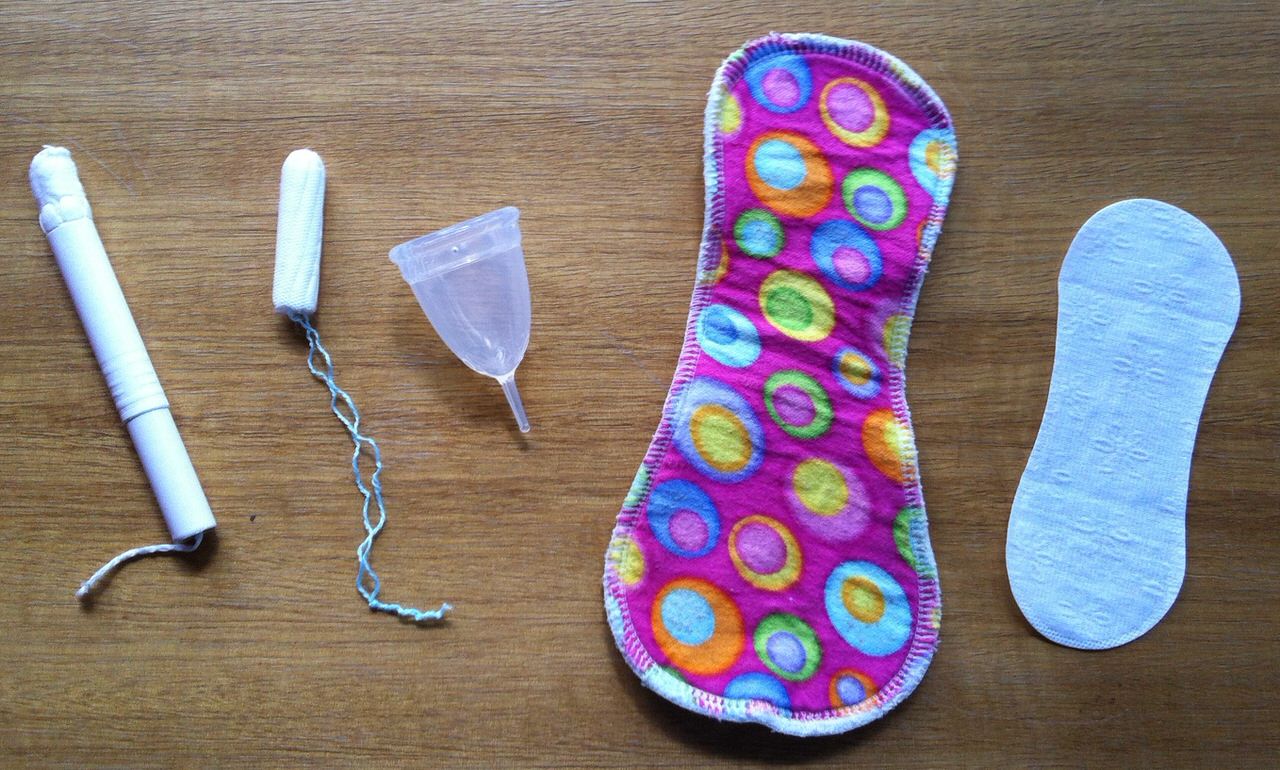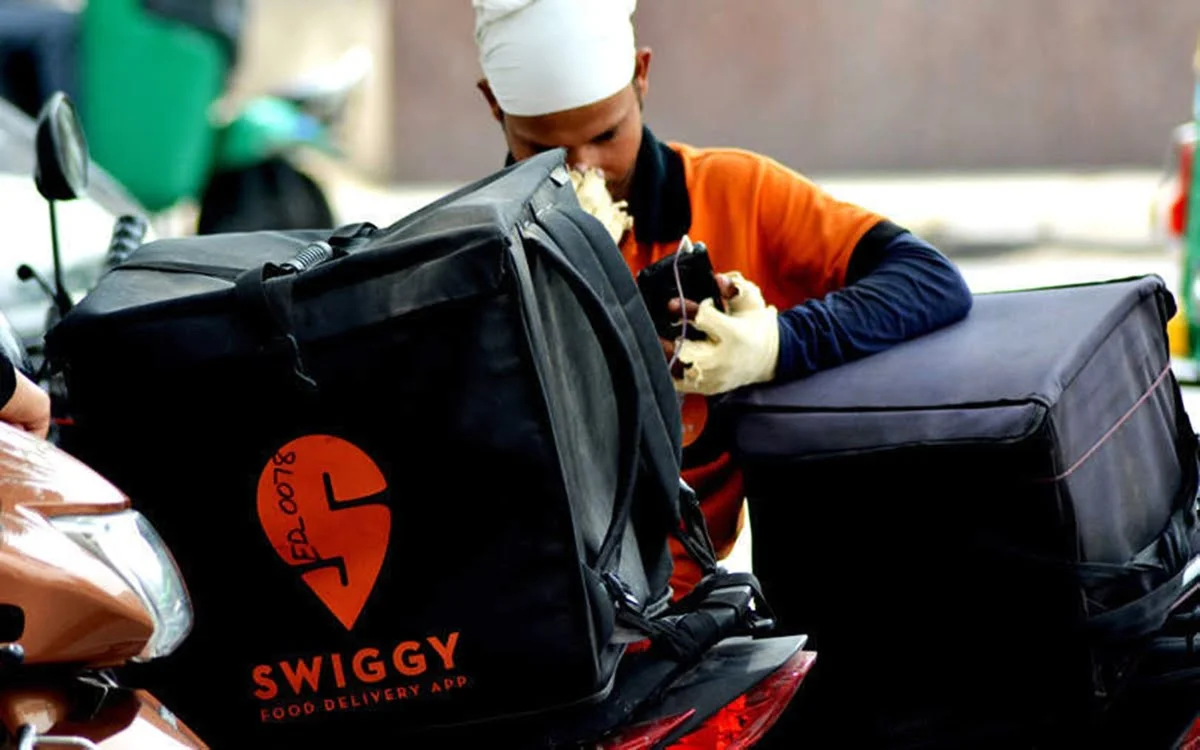The recent furore over continuing to tax sanitary napkins under the newly introduced Goods and Services Taxes (GST) has opened up conversations around menstrual health and hygiene concerns of menstruators (women and trans* people) in varied dimensions. Decades of oppressive silence around menstruation that initially manifested as cultural and religious taboos have seeped into the health, environment and societal frameworks that affect almost half of the world’s population which is only a biological function. By continuing to tax and label the products that manage menstrual cycle as ‘luxury’ or ‘miscellaneous’, we continue to ignore the necessity and resultant misgivings about the reality of menstruation in an emerging society, like India.
‘Revaluing menstruation’
Ruthless marketing of absorbent, disposable sanitary napkins as aspirational and modern means to manage one’s periods dubbed all other means like cloth or reusables as ‘inferior’ and ‘backward’. The truth remains that maiming health concerns like infections and poor hygiene has affected the marginalized minorities (rural poor, migrants, trans-men) with products that are often cheap quality, inaccessible and unaffordable. The current GST reforms that led to questioning the tax slab on sanitary napkins (including all menstrual hygiene products like cloth pads and menstrual cups) points out the ignorance of decision makers on what is essential for citizen welfare. It has also pitted sustainability groups against the gender rights community with opposing ideas of taxing only disposables and tax-free reusables. But is GST the only tool to ensure environmental and social justice in the complex development paradigm?
Sustainability
Menstruation and menstrual hygiene products are not just an individual’s private matter anymore. Starting from the production till the supply chain, and the various market systems surrounding it and our choice of menstrual hygiene product has an immense consequence to health, environment and the society. The current reality is an invisible oppression of our basic human rights. While corporates profit through pushing out a toxic cocktail of chemicals, our uncomfortable silence towards these issues has a generation of young menstruators struggling with health concerns (PCOS, endometriosis) unheard of among generations that preceded us.
Despite legislations and policy mechanisms in place, the country has been grappling with the enormous amount of sanitary waste (including disposable sanitary napkins, diapers and adult incontinency diapers) pushed out every day in tonnes. With no technology equipped to handle the plastic-based, mostly toxic products mixed with body fluid, waste and sanitation experts have demanded for enforcing Extended Producer Responsibility on such problematic products, with disposal tax levied on producers to help generate revenue that can be used to invest in a centralized functional system to treat sanitary waste.
Poor policy push and implementation has halted the means to make the corporate giants that control most of the supply market from being accountable and become partners with local urban bodies to handle this issue. The onus then falls on the waste generators, which in this case are the menstruating population, most of them switching to reusable and zero waste products to address this concern individually.
Violation of right to dignified menstruation
Disposable sanitary napkins with its reach to almost 56.7% of India’s menstruators have become a need for juggling the multiple roles that modern world has thrust upon them. Convenience and efficiency are the key to the success of these disposables. Despite mobilizing ASHA workers and National Rural Health Mission, they fail to address the needs of the menstruators in rural India, not even imparting basic information like hygienic use of clean cloth which is the simplest and easiest way of managing periods.
Instead propaganda and shaming cloth use has led many women to even believe that poor reproductive health can only be addressed with sanitary napkins. Such ignorance coupled with other issues has led to an increase in exploitation of women’s health concerns as seen in the case of hysterectomy scams that have been reported in Bihar, Andhra Pradesh and Karnataka since 2010.
Why GST?
Even campaigns that call out current GST as discriminatory, with its tax breaks on sindoor, kajal, bangles, bindi and diamonds, have resorted to putting down cloth and advocating sanitary napkins as the only means to healthy menstrual hygiene. In the current world of ‘choice’ consumerism, it is largely unfair that the only options given to menstruators is ‘this’ or ‘that’. Menstrual hygiene products remain unlegislated and forced down through schemes and supply based on what market dictates.
By continuing to commodify and tax menstrual hygiene products, and not address the concerns at the end of product life cycle or product standards on the health of menstruators and the environment, we move backwards in a society promising to ‘leave no one behind’ through its commitment to Agenda 2030 and national schemes. The need for a holistic take on the issue of female health, from menarche to maternal to menopause, which is our right and reality, is being ignored in debates with political perspectives. This is the time we stand together to address gender discrimination at large, and address the social inequity, not clubbing environmental concerns by burdening the already oppressed.
About the author(s)
Shradha has worked with organizations on national environmental policies, waste management and sanitation in Tamil Nadu, zero waste and climate action in Kerala. She has also worked for the Climate Justice program at Asia Pacific Forum on Women, Law and Development and was the founding member of Women in Conservation and Climate Action Network (WICCAN). Currently she continues to be a campaigner with the Sustainable Menstruation Kerala Collective; who tends to brood with a book on her couch when not at any of the above.




